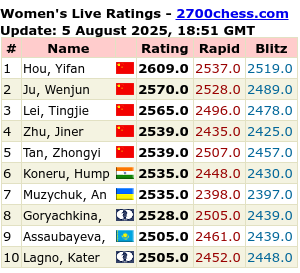Not being a serious student of the endgame, I was unaware that the Réti endgame puzzle that I gave here (with
solution here) is actually much more than famous, its seminal !
Relatively recently, I discovered Lubomir Kavalek's blog on the Huffington post ( itself an interesting amalgam of newspaper-style reportage ).
He's interesting , with a colourful past, and writer of one of the longest-running newspaper chess columns [ from the Washington Post ( 1986 - 2010 ) ].
In this older post he gives the endgame puzzle with a bit more on the solution than me, showing the 'queening square' that the study is based around, and augments it with others from composers that used Réti's fine idea.
Worth a look, along with his other posts.
As an exercise, its worth setting up the position and playing as White against an engine...educational, and excellent practise.
In addition here's one of my recent endgames.
 |
| White to play and win |
Can you win as White ?
Update: highlight the brackets [ The simple Kg4 stops Black queening. White played Kh4 and lost ! ]


